Google Earth Engine Tutorial: Detect Landslides with Sentinel-1 SAR
Detect Landslides with Sentinel-1 SAR
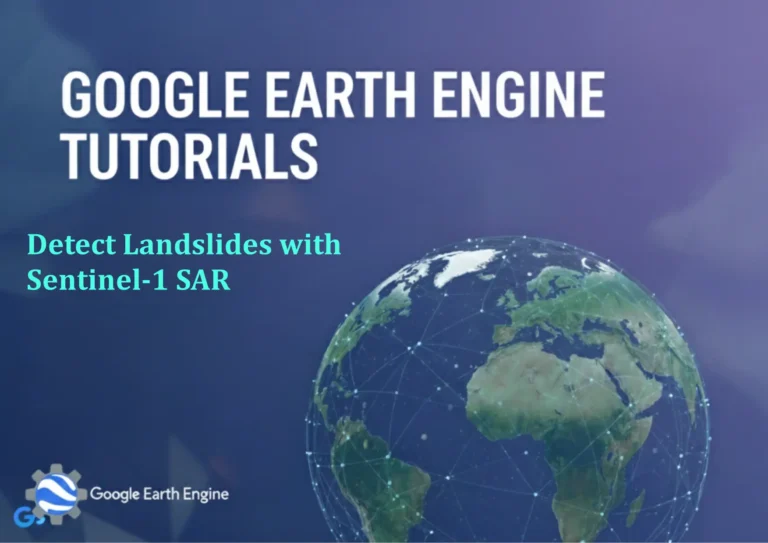
Detect Landslides with Sentinel-1 SAR
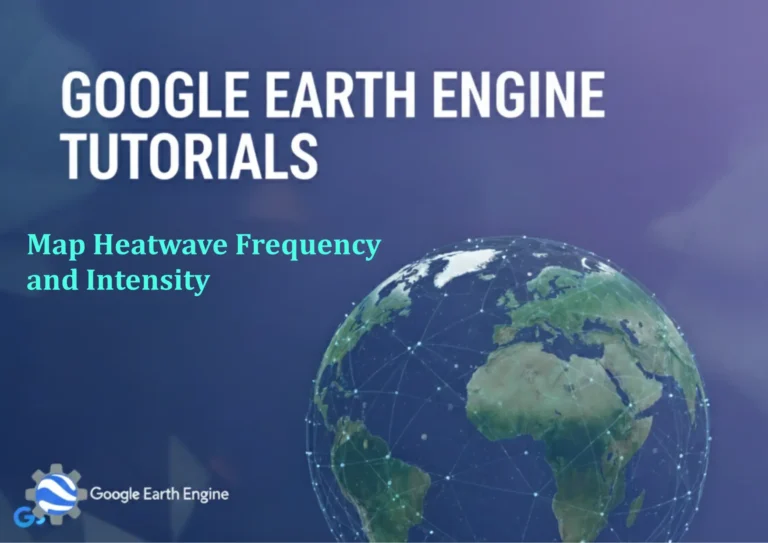
Map Heatwave Frequency and Intensity
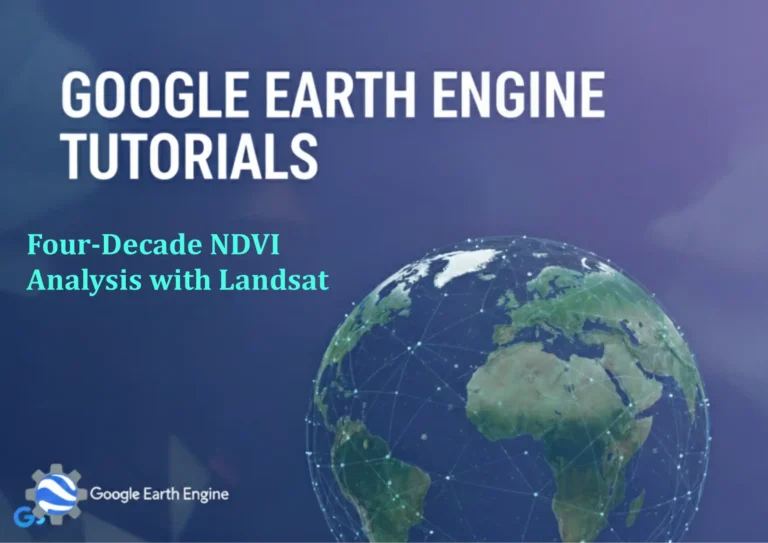
Four-Decade NDVI Analysis with Landsat
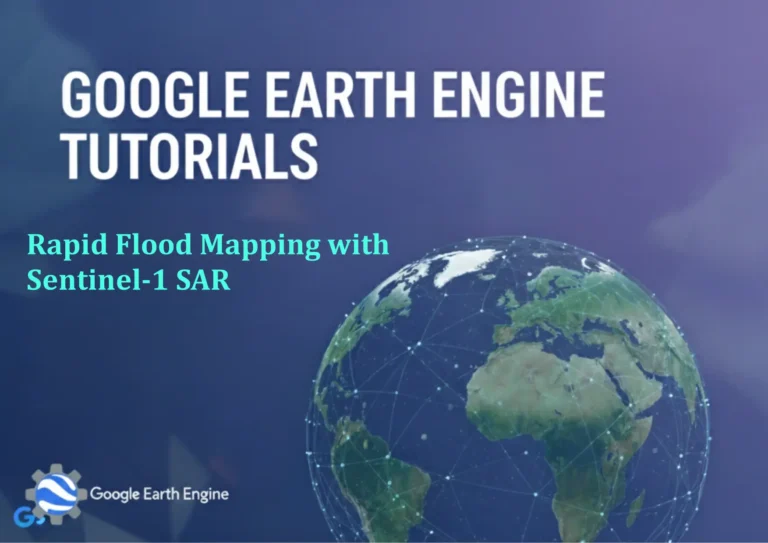
Rapid Flood Mapping with Sentinel-1 SAR
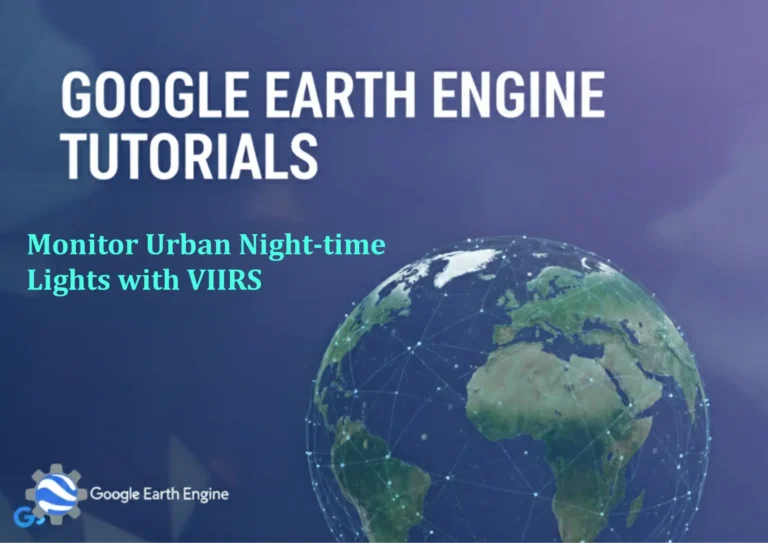
Monitor Urban Night-time Lights with VIIRS
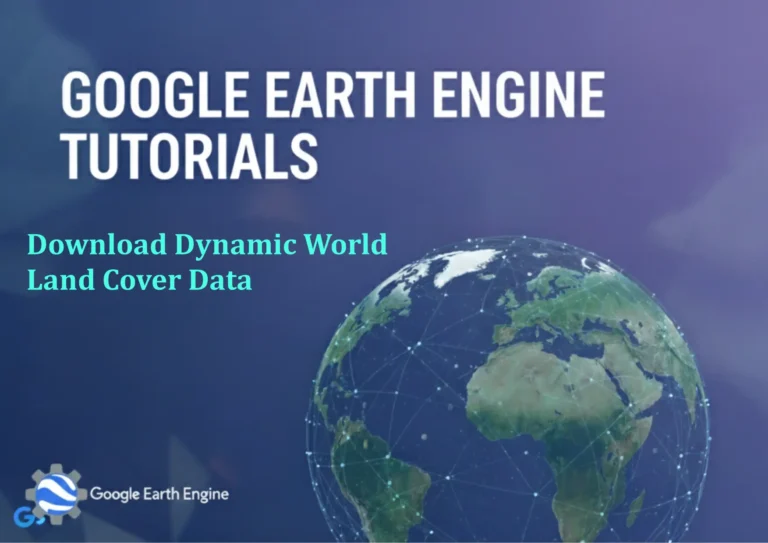
Download Dynamic World Land Cover Data
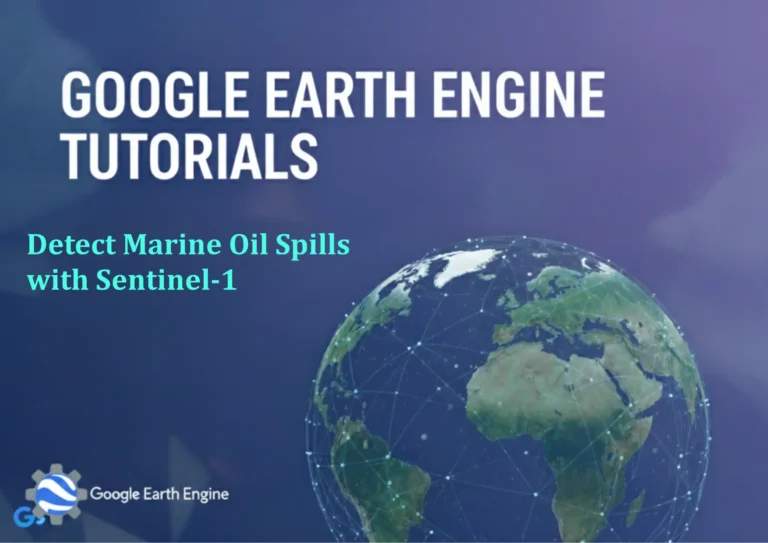
Detect Marine Oil Spills with Sentinel-1

Detect Urban Heat Islands with Landsat 8
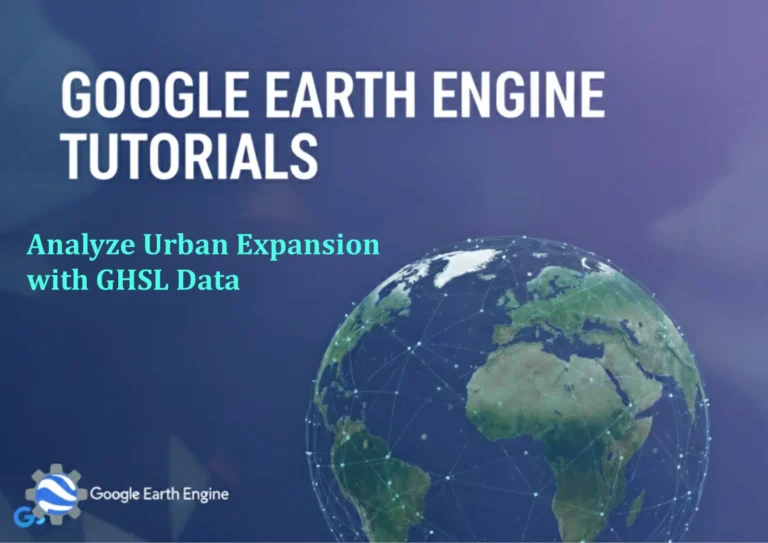
Analyze Urban Expansion with GHSL Data
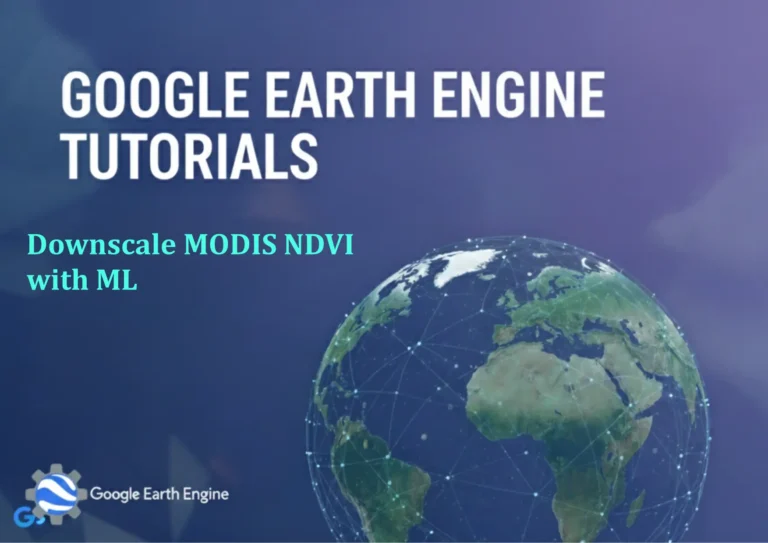
Downscale MODIS NDVI with ML